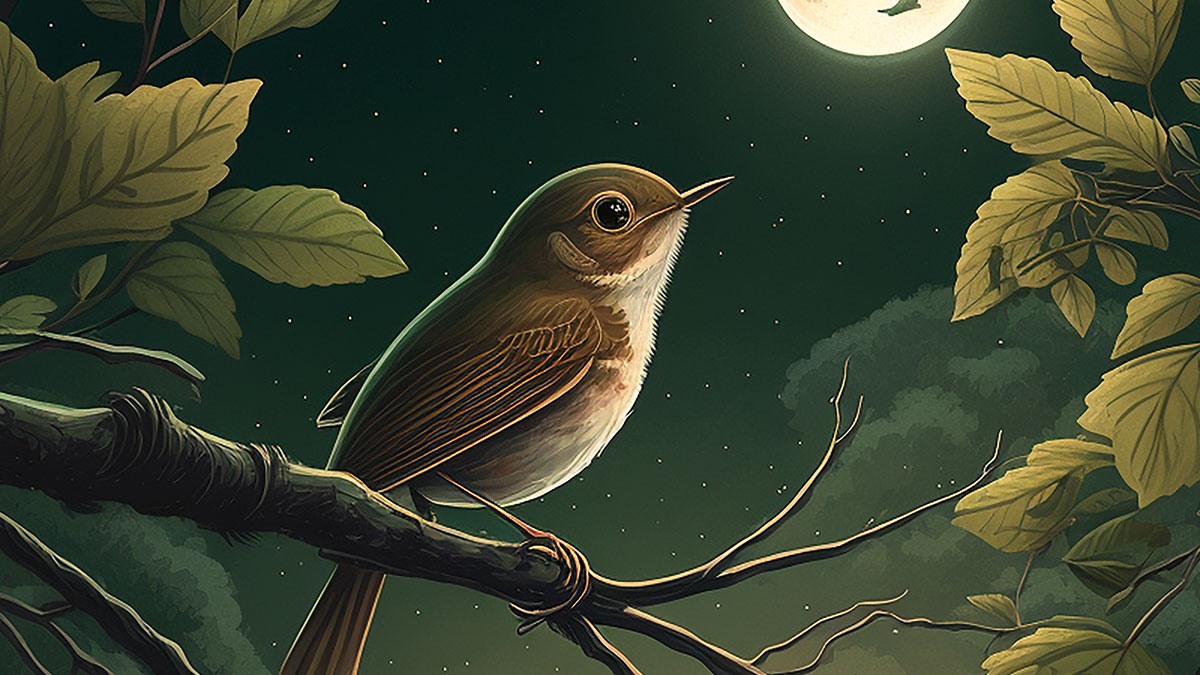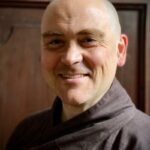As a Zen Buddhist, my starting point is: do not be sure. If I think I know the answer, I’ve fallen into a trap. If I think I “know” what spirituality is, or if I think I can say what it is, then I am no longer in touch with spirituality. The map is not the territory. The word is not the thing, and the word is not the nonthing. Try to find a single “thing” and you will instead find a web of interrelations and mutual dependencies. From an electron to a galaxy, nothing has a clear, definite boundary—the “thingness” of a thing is only an artifact of our perception, reinforced by language, by naming, to give the appearance of separateness.
Twenty-five years ago, after the death of my mother, I began to search for spirituality, for “something more,” but quickly ran into problems. I was a child of scientific thinking, rationalism, and skepticism. I believed that everything, including spirituality, could and should be grasped, provable, and defined. I didn’t want to believe in “something more” unless I could prove it to myself. And so, when I went to Thich Nhat Hanh’s Plum Village Monastery at the age of nineteen, I was full of materialistic hubris, thinking I could find definitive proof of that “something more,” whatever it might turn out to be.
“Anything can be spiritual if we do it with our full presence, our full awareness, and our full sensitivity.”
One afternoon, we were invited to practice “total relaxation” and “touching the earth.” I had low expectations. We lay down on our backs, a monk guiding us in slowly scanning our whole body with our awareness. We gradually released the tension in each muscle, sensation, and feeling, letting go and allowing ourselves to rest more and more deeply on the ground.
We then went into child’s pose, all our limbs and forehead touching the earth. The monk invited us to contemplate our ancestors, parents, teachers, friends, and our connection to all living beings. He asked us to recognize the beautiful qualities we have received from them—the love they’ve given us, the insights and skills they’ve nurtured in us, and all the ways we are the continuation of millions of years of the gradual evolution of life, awareness, beauty, and inquisitiveness.
He then invited us to contemplate the uglier things we’ve received from our various lineages—the unskillful habits, reactivity, and negative emotions we may have received from our family and friends, the intolerance, greed, and striving we may have received from our culture and society. He invited us to let all that go and instead give rise to the wish not to pass on what is less beautiful, but rather to pass on only what is most good and true.
I cannot really do justice to the power of this practice. Afterward, I didn’t want to talk to anyone or do anything—I just wanted to be with this feeling. I went to lie down in my tent under the eaves of the forest. My thinking had completely stopped. A nightingale started to sing a few meters away. I’d released so much anxiety, tension, striving, judging, and reacting that I was there in a way I’d never been before.
I was fully present.
The sound of the nightingale came in, without any filter. There was just a glorious, joyous outpouring of sound—like a string of pearls, each perfect, each flowing liquidly into the next, with no interruption of thinking, comparing, or grasping. There was no distinction between me and the sound, me and the nightingale, or me and the cosmos. It was like drinking from the purest source of life and beauty. It was in me and around me and utterly boundless. There was no time, no space, and no need for anything to be other than what it was.
Everything I’d been looking for was not just right in front of me, but just…there, in the present moment arising of experiencing, without any distinction between perceiver and perceived. I realized I was in a world of potential depth and beauty and wonder all the time, but was too distracted and busy and carrying too many emotional scars to recognize it. My conditioning, my reactivity, and my inability to feel and be with my pain prevented me from seeing things as they really were.
I also had not been able to touch it before because of my hubris in thinking I understood the nature of reality. I was trained to see the world as made of matter, which was basically inert, indifferent, and soulless. Matter was just stuff, meaninglessly and endlessly bouncing off other stuff, obeying so-called “physical laws,” eternally, deterministically churning stuff, and producing different configurations of stuff until the eventual heat-death of the universe.
It’s only by stopping our thinking and constant internal narration that we can have a true encounter with reality. Everything can be spiritual, and any moment can be a moment of spirituality. But to get in touch with the dimension of spirituality takes training. Everything we do in Plum Village can be understood to be different aspects of this training. We can look at any daily action, anything that we do, and ask ourselves: “How can I make this action, this moment, into a moment of spirituality, depth, and beauty?”
In Zen we’re invited to suspend all notions and theories about spirituality. Instead of having an idea about it, we can have an experience of it, right now, not later. We can call the awareness of the present moment “mindfulness” and the ability to stay in the present moment “concentration.” When we maintain this training of our attention as a daily practice, the strength of our mindfulness and concentration can gradually increase. This capacity to be present and stably established, with uninterrupted awareness, is in some sense infinite. You can always keep going deeper.
If we can develop the strength of our mindfulness and concentration, then we may touch insight. We children of scientific thinking and skepticism are very interested in insight. We want to see the true face of reality, make a breakthrough, perceive the true nature of things and of ourselves. In wanting to understand reality, we jump too quickly to understanding, without really having developed the capacity of seeing.
Before we’re even able to recognize what is right in front of us, we need a critical perceptual shift and corresponding conceptual shift. Did I find the evidence I was looking for? Or did I learn to see the evidence that was always already there, but which had been until that moment invisible to me?
Something as simple as listening to birdsong can be an infinitely deep encounter with reality—a truly spiritual experience—but we need training to experience it. Anything can be spiritual if we do it with our full presence, our full awareness, and our full sensitivity. The wonderful thing is that because the capacity of being fully there is seemingly infinite, then we are all beginners, and we can just joyfully continue to develop and train this capacity, without striving to get anywhere.
This article was adapted from a dialogue between Brother Phap Linh and David Sloan Wilson for the nonprofit organization ProSocial World.

